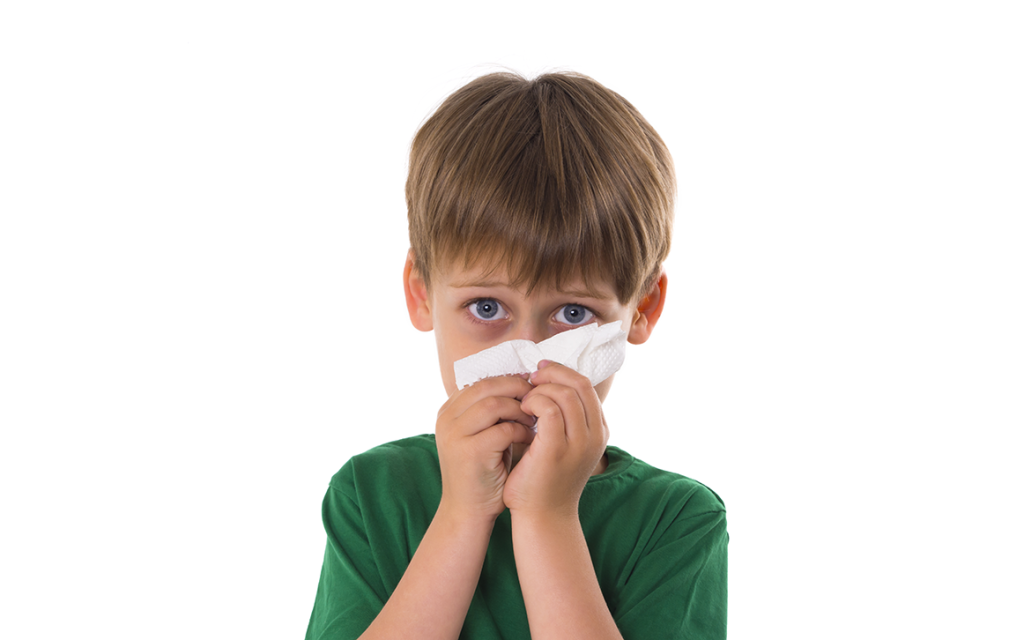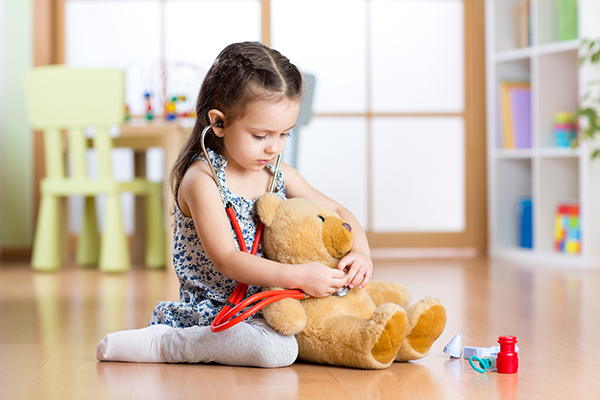Summer camp is a time for fun, adventure, and making lasting memories. As parents, ensuring your child’s safety during their camp experience is a top priority. At Concierge Pediatrics, we understand the importance of preparing for a safe and enjoyable summer camp season. In this post, we’ll discuss key safety considerations for parents sending their children to summer camps, including tips for choosing the right camp, preparing for emergencies, and ensuring adequate sun protection.
Choosing the Right Camp:
- Research and Reviews: Start by researching camps thoroughly. Look for reviews and testimonials from other parents to gauge the camp’s reputation. Ensure the camp is accredited by organizations such as the American Camp Association (ACA), which sets high standards for health, safety, and program quality.
- Camp Policies: Inquire about the camp’s safety policies and procedures, including their staff-to-camper ratio, background checks for counselors, and emergency protocols. A well-prepared camp will have clear guidelines and trained staff to handle any situation.
- Health and Medical Services: Check if the camp has on-site medical staff or easy access to healthcare facilities. Ensure they are equipped to manage allergies, medications, and any other specific health needs your child may have.
Preparing for Emergencies:
- Emergency Contact Information: Provide the camp with accurate and up-to-date emergency contact information, including your child’s healthcare provider. Make sure your child knows how to reach you in case of an emergency.
- Medical Forms and Allergies: Complete all required medical forms and disclose any allergies, chronic conditions, or special needs your child may have. Discuss these with the camp staff to ensure they are well-prepared.
- First Aid Kit: Pack a small first aid kit for your child, including band-aids, antiseptic wipes, and any personal medications they may need. Teach your child how to use it and when to seek help from a counselor.
Ensuring Adequate Sun Protection:
- Sunscreen Application: Provide your child with a broad-spectrum sunscreen with an SPF of 30 or higher. Teach them how to apply it correctly and remind them to reapply every two hours or after swimming or sweating.
- Protective Clothing: Pack lightweight, long-sleeved shirts, wide-brimmed hats, and sunglasses to shield your child from the sun. Encourage them to wear these items, especially during peak sun hours.
- Hydration: Emphasize the importance of staying hydrated. Provide a reusable water bottle and encourage your child to drink water regularly throughout the day to prevent dehydration.
Sending your child to summer camp can be a wonderful experience filled with adventure and learning. By choosing the right camp, preparing for emergencies, and ensuring adequate sun protection, you can help create a safe and enjoyable environment for your child.
At Concierge Pediatrics, we’re here to support you with expert advice and personalized care to keep your child healthy and safe. If you have any questions or concerns about summer camp safety, don’t hesitate to reach out to our experienced pediatricians.
Have a fun and safe summer camp season!
Concierge Pediatrics











